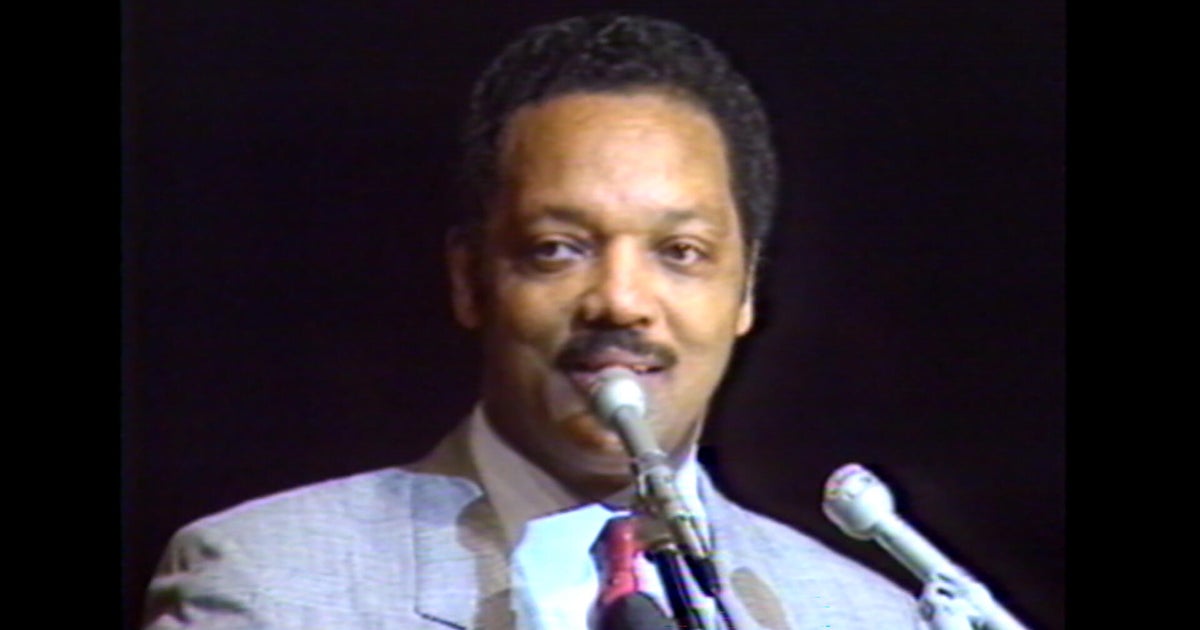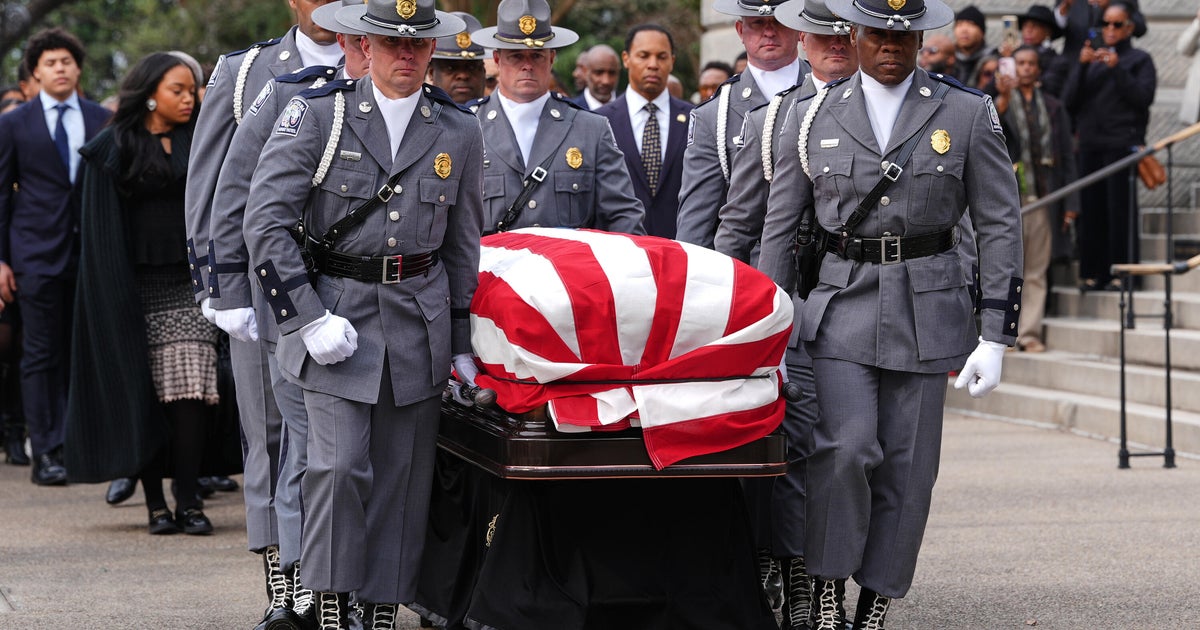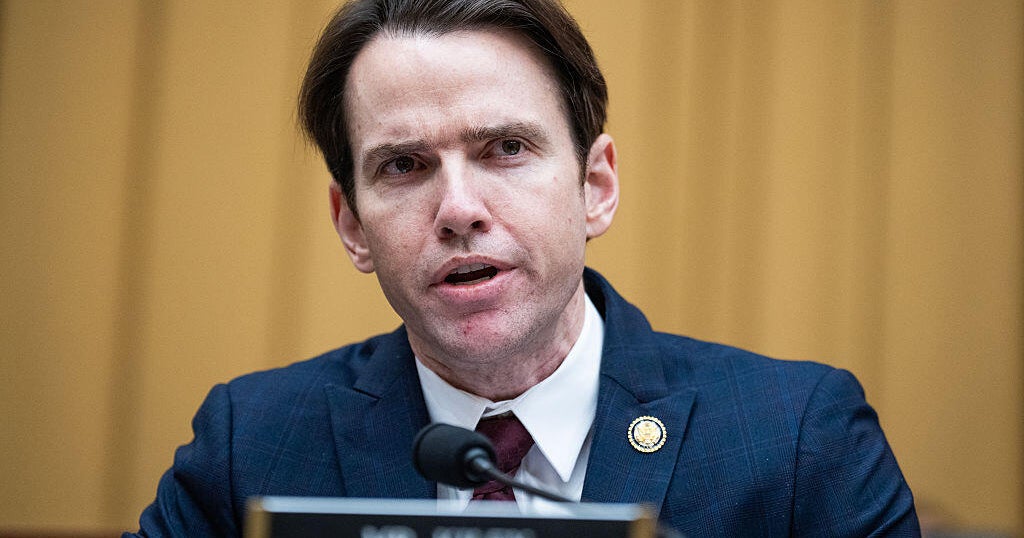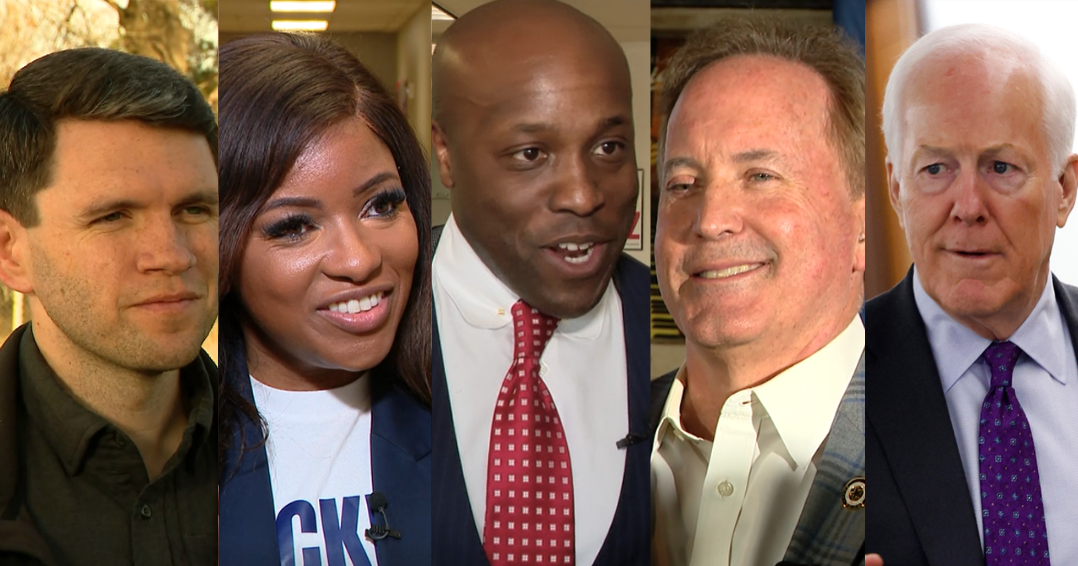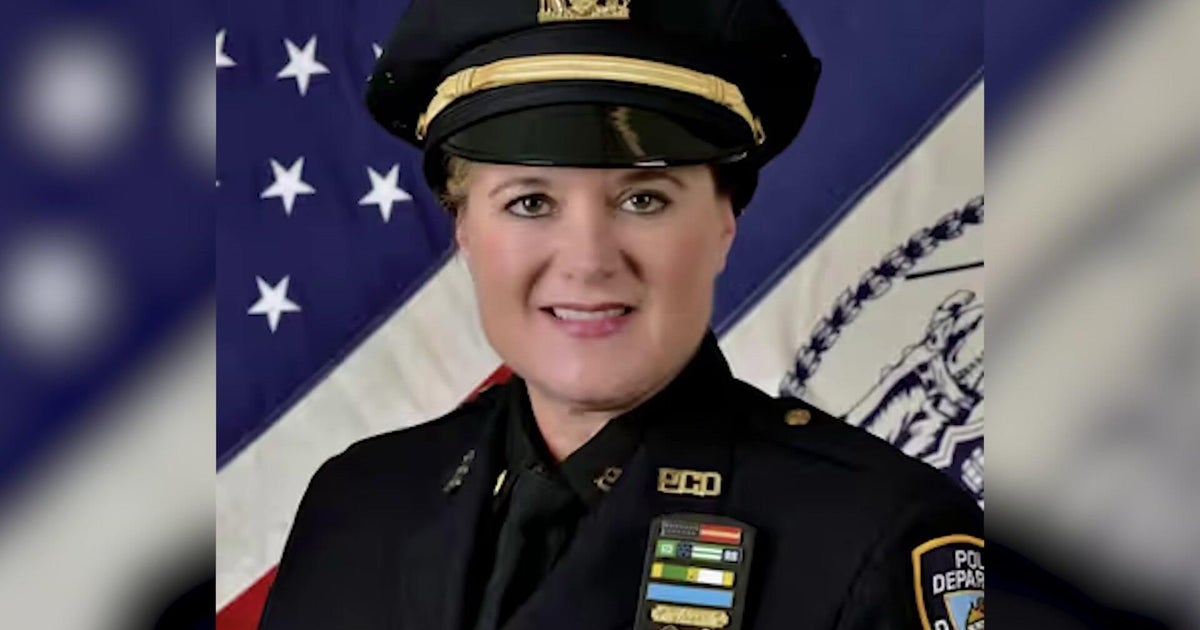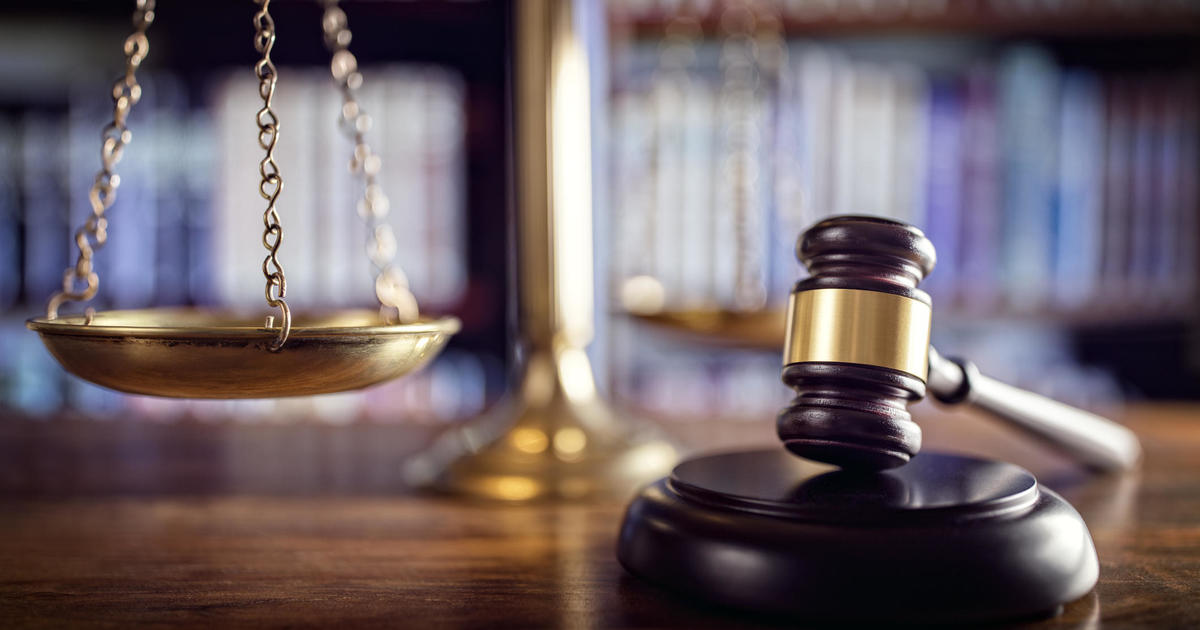Ex-Rep. Mel Reynolds To Run For Jackson Jr. Seat
UPDATED: 11/28/2012 - 5:17 p.m.
CHICAGO (CBS) -- An ex-convict who preceded Jesse Jackson Jr. in Congress, now wants to win back his former congressional seat.
Standing before a sign with the word "Redemption," former U.S. Rep. Mel Reynolds announced his candidacy on Wednesday.
"Think of the hundreds of thousands of people in the African American community who have made a mistake and gone to prison," Reynolds said. "Are we to write off all of those people? Forever? Even if they are qualified to do things?"
Reynolds, once a Rhodes Scholar and a rising political star, saw his career come crashing down in 1995 after a Cook County jury convicted him of having sex with an underage campaign worker. While behind bars for the sex charges, he was also convicted in federal court on financial and campaign fraud charges.
LISTEN: WBBM Newsradio's John Cody Reports
Podcast
Jackson succeeded Reynolds in Congress, but now that Jackson has resigned, Reynolds wants to reclaim the seat.
"All of us have fallen short of our dreams in life on occasion, but it is part of the Judeo-Christian spirit to give people an opportunity to show what they can do," Reynolds said.
Reynolds called his previous transgressions "mistakes."
Asked how he now looks back at his time in the criminal justice system, Reynolds said, "I've said, and I'll say it again, I've made mistakes. Again, it was almost 18, almost 20 years ago."
But at the time he was charged, Reynolds was defiant about the allegations.
"I will not be proven guilty. I am innocent," Reynolds said in 1994
One Wednesday, Reynolds said he has the best government experience for 2nd District voters.
Chicago Board of Elections spokesman Jim Allen said federal law sets the guidelines for who may and may not run for federal office, and there is nothing stopping a convicted felon from running for Congress or even President, even though state and local laws prohibit convicted felons from holding local or state offices.
So, Reynolds' criminal record might bar him from running for mayor or alderman, but he is free to run for the 2nd Congressional District seat to replace Jackson.
Reynolds said he has the experience in the district and shouldn't be held accountable for mistakes made nearly 20 years ago.
"Nobody is perfect," he said. "Our polling tells us this is far from a joke."
But he'll face a difficult campaign. Political analyst Dick Simpson – a professor at the University of Illinois at Chicago and a former Chicago alderman – predicted an uphill, and ultimately unsuccessful battle for Reynolds to regain his seat in the 2nd District.
Although Reynolds said he doubts his conviction for sex with a minor will kill his chances of winning the race – noting state Rep. Derrick Smith won back his seat in the Illinois House despite a federal bribery indictment – Simpson said Reynolds' case is much different.
"Derrick Smith was officially the Democratic Party candidate. The Democrats backed him in the primary, even after the indictment, and got him elected. And then he appeared as the official party candidate. Lance Tyson, who was running against him, was having to run on a third-party ticket," Simpson said.
He said the numbers right now suggest former Congresswoman Debbie Halvorson, not Reynolds, has the best chance to win Jackson's vacated seat in Congress.
While some voters in the 2nd Congressional District said they believe Reynolds deserves a chance to convince voters to send him back to Congress, most said they wouldn't vote for Reynolds.
Rige Hall said, "I would listen, but I probably wouldn't vote for him."
Mildred Slaughter said, "Everybody deserves a second chance, but he don't need that seat. No, scratch him off the list."
Tommy Kidd said he doesn't think Reynolds deserves another chance in Congress, after what he was convicted of doing.
"Not at all. He's messing around with teenage girls. What makes you think he won't do it again?" he said. "I wouldn't trust him. … I wouldn't vote for him at all."
A crowded field is expected for the special primary for Jackson's seat on Feb. 26, followed by the special general election, which the Illinois House on Wendesday unanimously approved for April 9th.
Originally, Gov. Pat Quinn set a date of March 19 for the general election to meet a deadline set by existing law, but officials sought legislative approval to push back the general election date until April 9, when many suburbs are already holding general elections.
The Illinois Senate is expected to follow suit in agreeing to the April 9 date for the general election.
